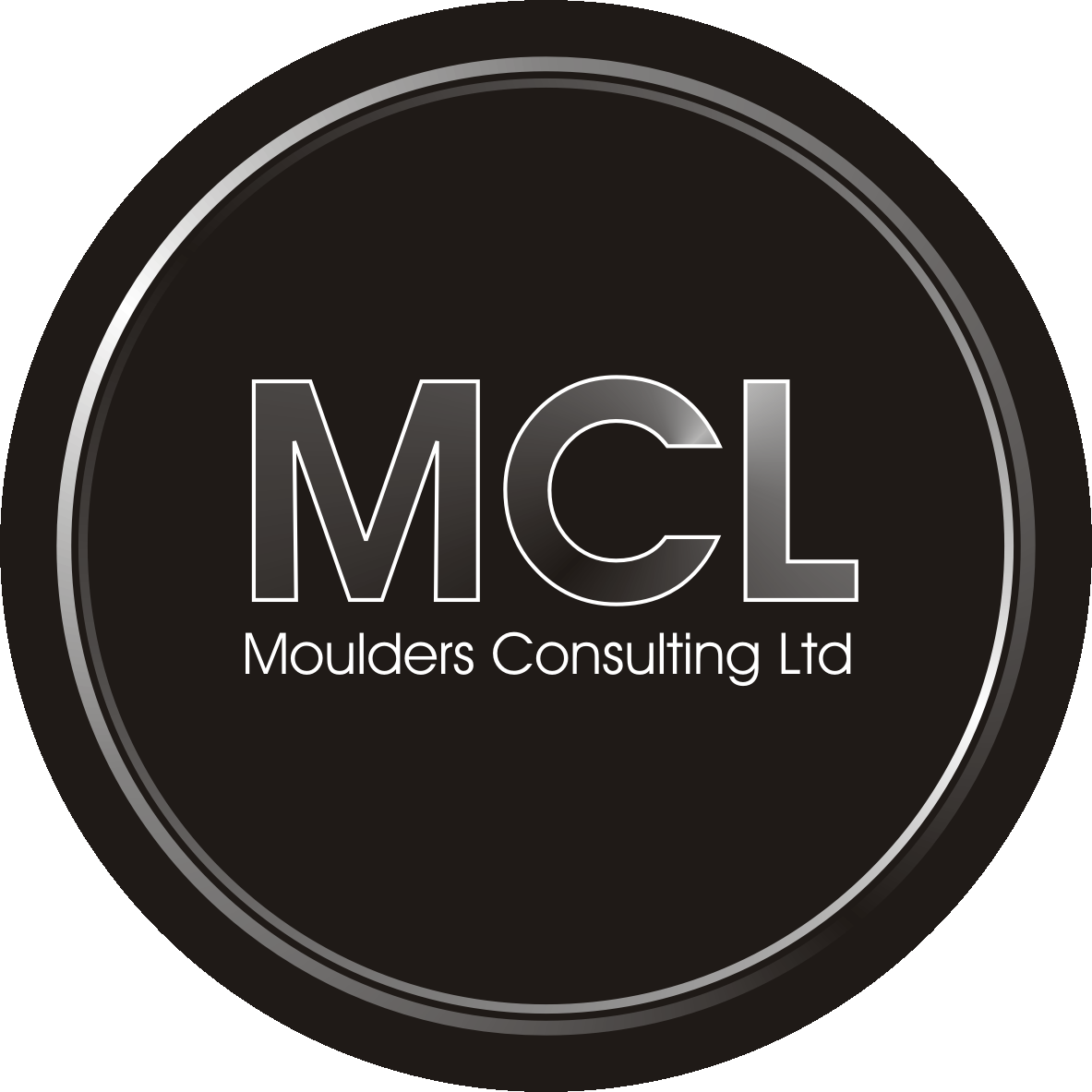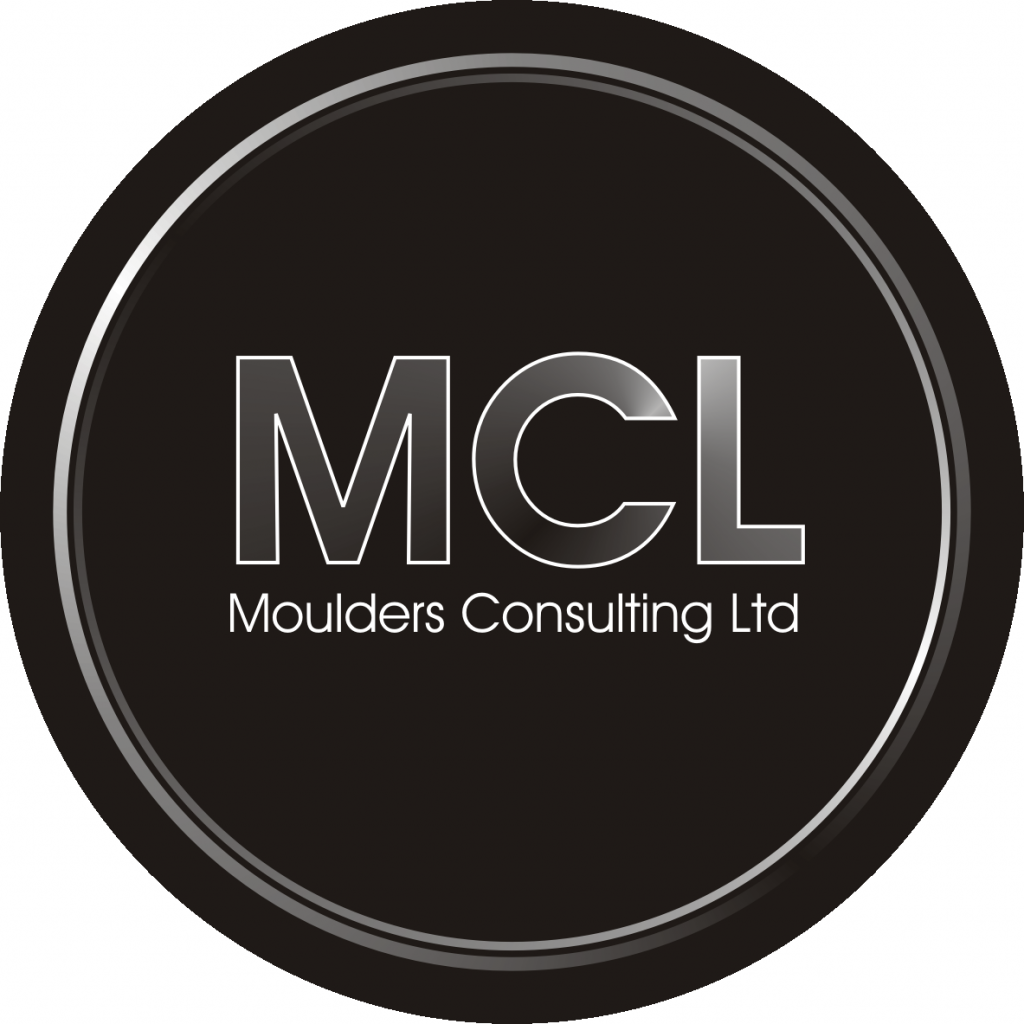Injection moulding is one of the most widely used manufacturing processes in the UK for producing plastic components. From automotive parts to medical devices, this technique plays a critical role in British industry – combining speed, efficiency, and precision.
At Moulder Consulting, we work closely with businesses to help them optimise their injection moulding processes, improve product quality, and streamline operations. In this guide, we’ll break down what injection moulding is, how it works, and what makes it a key manufacturing solution in the UK market.
What is Injection Moulding?
Injection moulding is a process used to manufacture large volumes of identical plastic parts. It involves injecting molten plastic into a mould, which is then cooled and ejected to form a finished part.
This method is highly efficient for mass production, particularly when tight tolerances and consistent quality are required.
The Injection Moulding Process: Step-by-Step
- Clamping
The two halves of the mould (core and cavity) are closed and securely clamped together. - Injection
Thermoplastic material is heated until molten and then injected under pressure into the mould cavity. - Cooling
The molten plastic cools and solidifies inside the mould, taking the shape of the desired part. - Ejection
Once cooled, the mould opens and the part is ejected, ready for use or further processing. - Repeat
The cycle then repeats, often thousands or even millions of times depending on the production run.
Why Injection Moulding is Popular in the UK
✔ Cost-Effective for High Volume Production
Once the mould is made, producing each unit is fast and low-cost, making it ideal for high-volume manufacturing.
✔ Precision and Repeatability
Injection moulding delivers consistent results with tight tolerances, which is critical for industries like aerospace, medical, and automotive.
✔ Material Versatility
The UK injection moulding sector works with a broad range of materials – from standard thermoplastics like polypropylene to advanced polymers for specialist applications.
✔ Scalable Production
Whether you’re prototyping a new product or scaling up for full production, injection moulding offers a flexible, scalable solution.
Key Sectors Using Injection Moulding in the UK
- Automotive – interior components, clips, and housing units
- Medical – syringe bodies, caps, and sterile packaging
- Consumer Goods – plastic housings, packaging, toys
- Electrical – enclosures, switchgear, cable management products
- Construction – piping components, fixings, and brackets
Sustainability in UK Injection Moulding
Environmental concerns are increasingly influencing manufacturing in the UK. Injection moulding is adapting through:
- Use of recycled plastics
- Investment in energy-efficient machinery
- Design for disassembly and recyclability
- Localised production to reduce carbon footprint
Moulder Consulting actively advises clients on how to implement sustainable practices in their injection moulding operations – from material choice to lean production techniques.
How Moulder Consulting Can Help
Whether you’re a start-up developing your first product or a large manufacturer looking to optimise your process, Moulder Consulting offers expert support in:
- Process development and troubleshooting
- Material selection and product design
- Mould tool design review
- Production optimisation
- Sustainability strategy
Final Thoughts
Injection moulding remains a cornerstone of UK manufacturing, valued for its speed, reliability, and ability to produce complex parts at scale. At Moulder Consulting, we help businesses unlock the full potential of this process – ensuring you stay competitive, efficient, and future-ready.
Need advice on injection moulding for your project?
Get in touch with the team at Moulder Consulting – your trusted partner in precision plastic manufacturing.








